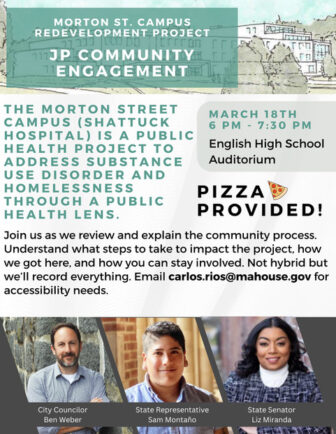Last updated on July 28, 2022
Congresswoman Ayanna Pressley’s (MA-07) legislation to provide credit reporting accuracy after a legal name change advanced out of committee last week.
Pressley, a member of the House Financial Services Committee, along with Congresswoman Katie Porter (CA-45), authored their brand-new legislation to make the credit reporting system more inclusive and address credit issues and discrimination faced by trans and nonbinary people who legally change their names.
The legislation was passed by the House Financial Services Committee. Pressley’s hope is that the bill passes the House of Representatives.
“In this country, your credit score is your financial reputation, for better or worse, and the credit reporting system has perpetuated inequities and pushed our most vulnerable consumers—including our trans and nonbinary siblings—further to the margins,” said Rep. Pressley via press release. “Our Credit Reporting Accuracy After a Legal Name Change Act is a legislative fix that will help prevent the financial discrimination of trans and nonbinary people and improve accuracy in consumer reporting. Passing this bill would be a meaningful step as we work towards long-overdue economic justice for the trans community.”
After someone changes their first name, credit bureaus continue to disclose their prior name, also known as their deadname, which exposes transgender and nonbinary people to discrimination and harassment in credit, housing, and employment. When trans or nonbinary people change their name with a creditor or applies for credit using their current name, the credit bureaus create an entirely new credit file. That means their credit report is broken into two or more unconnected files and any credit actions that follow are not reflected in their report.
This fragmentation of credit reports directly creates negative impacts to individuals’ financial and personal lives, which often includes credit score decreases of 100 points or more. Credit scores can create barriers to accessing banking services, mortgages, auto financing, employment, and rental housing.



